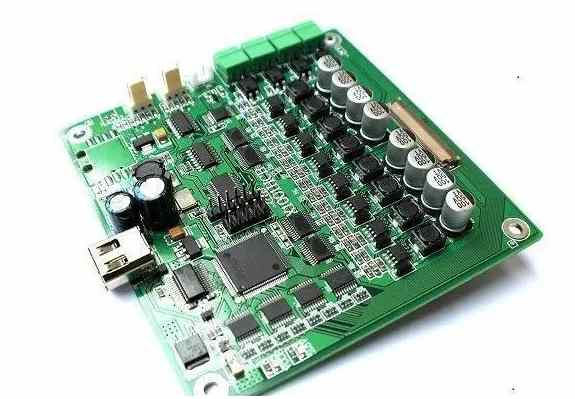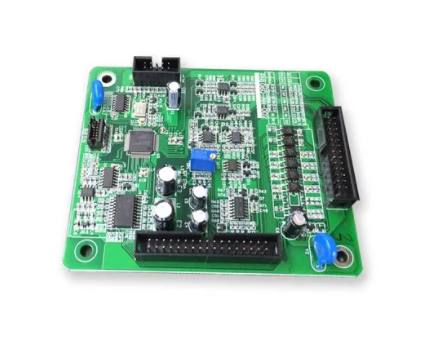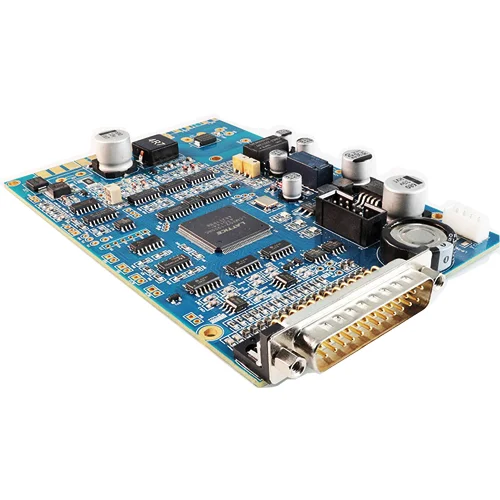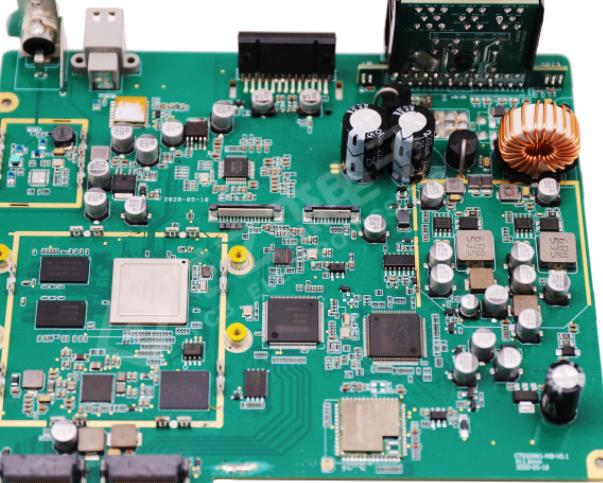
Red glue processing equipment produced by PCBA
There are two processes: one is to print the red glue of the PCB manufacturer through the needle tube, depending on the size of the component and the red glue of the PCB; the other is to print the red glue of the PCB manufacturer through the SMT steel mesh, which conforms to the standard size
At present, in the PCB factory industry, there is also a PCB patch process called dual process, which is also the red and tin patch technology of PCB patch, printing paste, followed by red glue, or open the PCB to step into the steel mesh, and then print red glue. This process is used when tin dipping is required, but most SMD components have been very mature in the production of PCBs. Common problems of polychlorinated biphenyl red adhesive.
1. Reasons for insufficient thrust: 1. insufficient glue, 2. Colloid cannot be 100% solidified, PCBs patch factory 3. PCBs or parts contaminated, 4. The colloid itself is very fragile and has no strength.
2. Reasons and countermeasures for insufficient glue or water leakage: 1. The printing plate is not cleaned frequently, and should be cleaned with ethanol every 8 hours. There are impurities in the colloid, 3. The mesh opening is unreasonable or the point pressure is low, and there are bubbles in the colloid, 5. If the rubber tip is blocked, clean it immediately, 6. Preheating temperature of dispensing head is not enough. The temperature of the distribution head shall be set at 38 ℃.
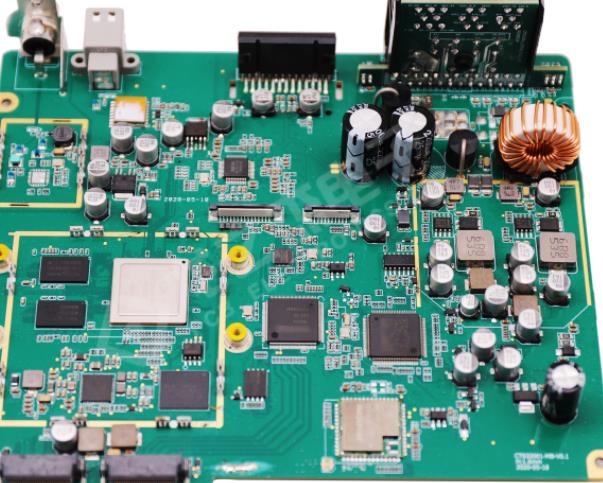
Polychlorinated biphenyl adhesive film produced by polychlorinated biphenyl manufacturers
Selection criteria for PCBs installation equipment:
The stain machine is the most important manufacturing equipment on the PCB production line Generally, accounts for about 50% of the total investment required for the medium volume surface mounting production line, including a full set of feeder lines, are used for surface mounting
The SMT machine decided that since no installation equipment of any type is most suitable for all applications, the effort required by the processing plant to select equipment with appropriate feeder system should constitute a corresponding major part of the cost of selecting capital equipment for the polychlorinated biphenyl production line.
The selection of the correct automatic placement machine depends on many factors, such as equipment complexity, applicable packaging and equipment standards, the type and number of parts to be placed, and current and future volume and flexibility requirements. Recall that some machine selection guidelines must be developed, and a matrix detailing the required and available device functions will help reduce the number of choices for a given application. Here, suggestions from existing users may be the most important selection criteria.
When selecting the installation equipment, the maximum size of the base plate or panel that can be transported by the machine on behalf of the factory is the starting position. This requirement alone can eliminate many machines. For example, I have to select a machine with a 146 inch circuit board for the customer. At that time, the best thing I could do was to find a machine that met this requirement. In this case, it is not an important machine in the market. If you want to use a jig for processing, you should use its maximum size, rather than the size of the base plate, as the selection standard for picking up and replaying machines.


